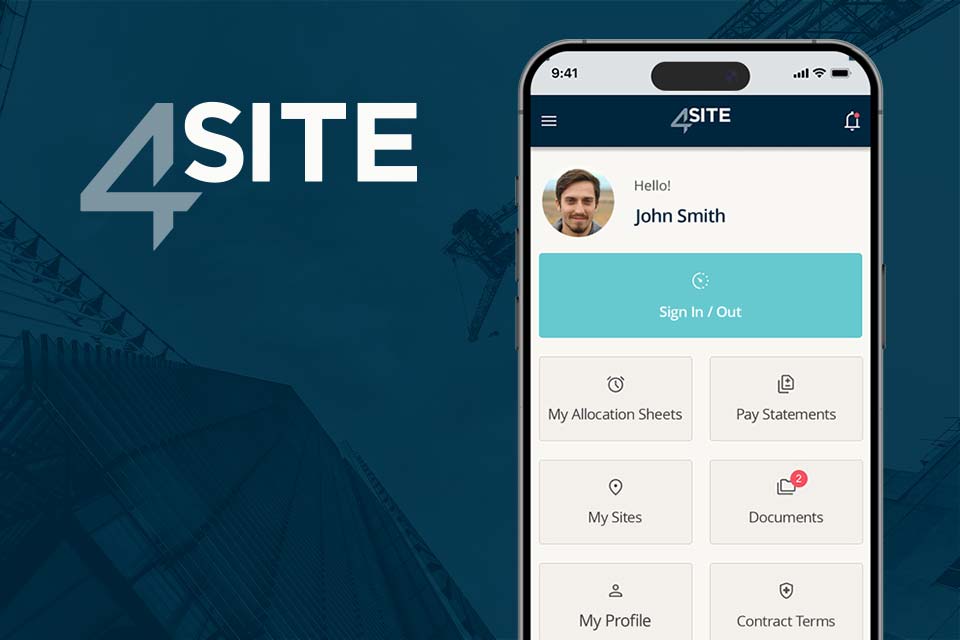4th August 2022 | Hudson Contract
New ways of working at HM Revenue and Customs might be saving time and money for the government but they are creating headaches for company directors by drawing out the hassle and stress of tax investigations.
Hudson Contract has seen growing amounts of evidence that HMRC officials are sending emails and making phone calls instead of relying on face-to-face meetings for the gathering of information.
Ian Anfield, managing director of Hudson Contract, said: “For company directors, it is hugely disruptive. Rather than having face-to-face discussions with tax officials where issues can be resolved there and then, we are seeing businesses dragged into months of email ping pong where one question leads to another.
“Before the pandemic, the approach would involve an inspector visiting your office or your accountancy firm, asking questions about status, going through your files for a couple of hours and then discussing any areas of concern. It could all be done and dusted in a day.
“Now HMRC emails you a questionnaire, you fill it in and send it back and six weeks later you get some follow-up questions. You send the answers and six weeks later you might get some more. Some responses from HMRC have been bizarre: in one case, an official asked ‘who is the HSE?’
“The whole process can drag on for 12-18 months.”
Hudson Contract clients generally avoid long, drawn-out investigations and benefit from the company’s strong legal standing: Hudson Contract has paid more than 227,000 tradespeople without a single instance of employment status reclassification.
Mr Anfield said: “Tax investigations causes hassle and stress for company directors, which is why they put their trust in Hudson Contract to ensure compliance with all tax and employment matters so they can get on with growing their businesses.”
HMRC says it is becoming “a modern, digitally-advanced organisation” and uses digital services and smart data to help people deal with it effectively and efficiently and better identify the minority who seek to avoid or evade their taxes.



